Hillsborough Disaster special feature: How Sheffielders opened homes to Liverpool fans
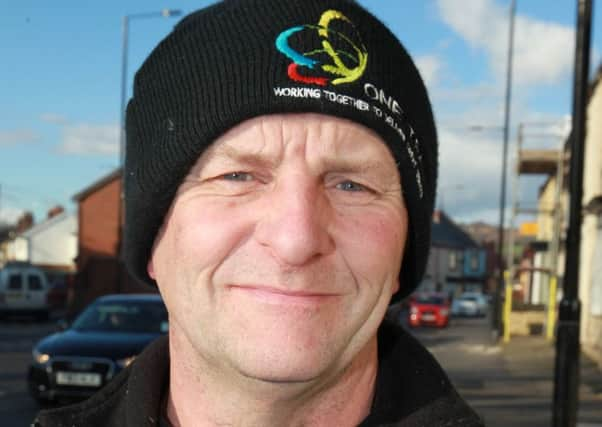

Some of the people who live in the shadow of Sheffield Wednesday’s stadium have shared their stories with The Star.
Richard Merton, aged 55, said his late father Walter had lived close to the Northern General, on Fairbank Road and had helped the family of supporter Sean Luckett, who was in a coma after the crush.
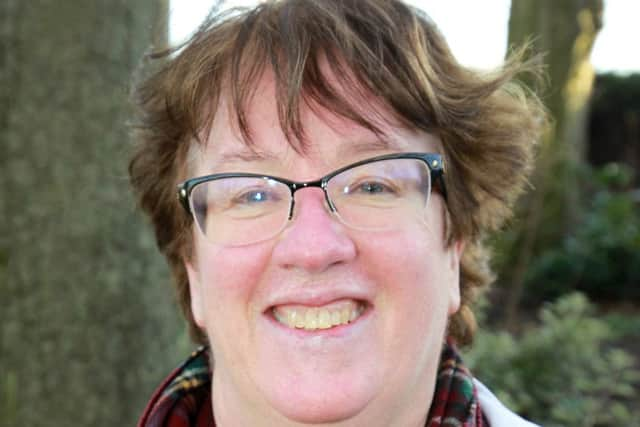

Advertisement
Hide AdAdvertisement
Hide AdMr Luckett’s father had come to Mr Merton’s parents’ house ‘worried sick’ about his son.
Mr Merton senior invited the man in and attempted to help him track Sean down. They tried phoning but couldn’t get through, he said.
“My dad took him to the Northern General but they couldn’t find anything out. I even called in at Deepcar police station.”
Realted articles:
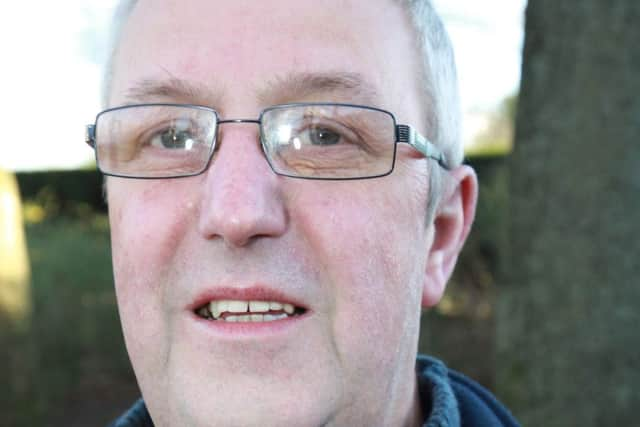

Advertisement
Hide AdAdvertisement
Hide Ad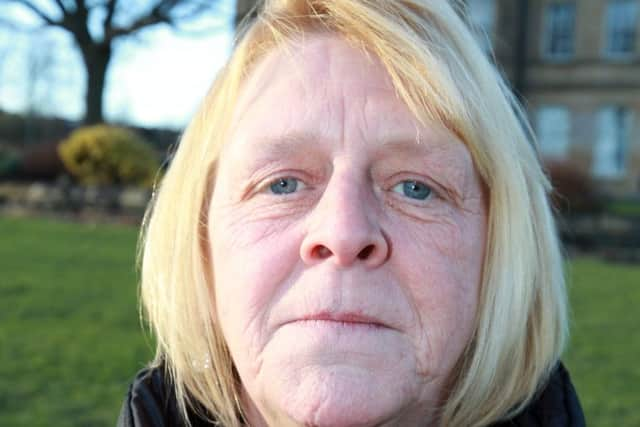

Eventually they discovered Sean was in a coma in the Royal Hallamshire.
Advertisement
Hide AdAdvertisement
Hide AdMr Luckett’s father stayed at the Mertons’ house for a week while he visited his son.
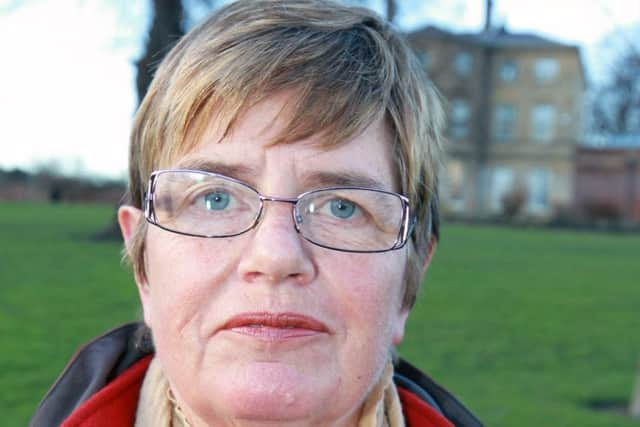

Liverpool manager Kenny Dalglish also paid him a visit. Mr Merton said: “Thankfully, he made a full recovery.”
He added that the two families remained in touch.
Husband and wife Lionel and Valerie Naylor, now in their 70s, opened their home to supporters.
The couple also had some sympathy for police officers, given the reputation of fans at the time.
Advertisement
Hide AdAdvertisement
Hide AdMr Naylor said: “I don’t think the police really knew what were happening. We can see both sides.”
Mrs Naylor said: “We know what it used to be like round here before matches. The police were worried about fans.”
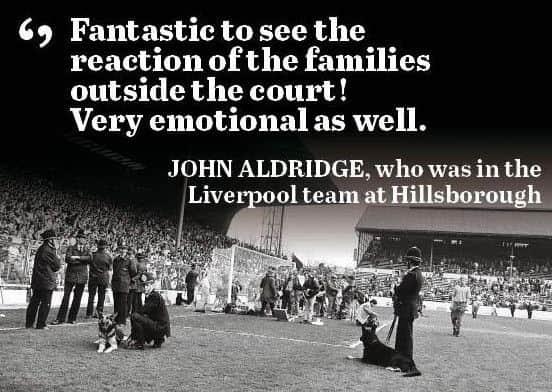

Sheffield Wednesday supporter Roger Edwards, 69, said his late brother Trevor had also taken Liverpool followers into his home on nearby Withens Avenue to allow them to call home.
He said: “He was a tremendous help to the Liverpool fans; it was in the days before mobile phones.”
Advertisement
Hide AdAdvertisement
Hide AdThe tragedy had left a lasting impression on his brother. He said: “It wasn’t the impression some newspapers tried to generate, it wasn’t like that. The fans were just ordinary people.”
Mr Edwards said he’d had a ticket for the semi-final but didn’t attend the game due to being detained at work.
He said early news over the radio suggested a disturbance at the ground, adding: “Throughout the night the news got worse and worse.”
Mr Edwards was pleased for the families that the new inquests have taken place. “We’ve now had a fair and unbiased look at it” he said. He’d been moved to hear the backgrounds of each of the 96 victims but added it may be ‘too late’ to change some people’s perceptions about the role of the supporters.
Advertisement
Hide AdAdvertisement
Hide Ad“Because of the time gap, I don’t think the inquests will have the impact they perhaps should do,” he said.
“The people who came to my brother’s house... contrast them with the image the police were trying to build.”
Mary Frith, 60, was a nurse living close to Northern General and was preparing for a shift there when she became aware something was wrong.
From her home on Crabtree Crescent she could see the ambulances streaming past. “There must have been 30 – one after another,” she said.
Advertisement
Hide AdAdvertisement
Hide AdExtra doctors and nurses were summoned to hospital, but there was a limit on what could be done due to the number of injuries that had already turned fatal.
“You could feel the atmosphere; it was really quiet,” she said.
Her daughter Hayley Frith, 32, said the neighbour she now lives next to on Lennox Road, Hillsborough also welcomed supporters into her house so they could contact relatives.
Joanne Hassan, 53, was living in London at the time but said:
Advertisement
Hide AdAdvertisement
Hide Ad“Everybody was in disbelief. I don’t think it will ever go away – it was devastating.”
Mrs Hassan said 1989’s events still affect people’s perceptions of Sheffield.
“It has cast a black shadow over this city” she said.
“If you ever speak to anybody not from Sheffield, it is the first thing people will say.”
Elisabeth Medley, 69, moved to Hillsborough from Surrey around five years ago, after retiring.
Advertisement
Hide AdAdvertisement
Hide AdShe said it was important that memorials to those who died were maintained. “We should always remember, it was just a horrendous tragedy,” she said.
“The memorials should be kept up and people should be allowed to go and grieve. Flowers are still left at the stadium, not just on the anniversary, people come when it is the birthday of someone who died.”
She said that people do associate the area with the disaster but there is far more to it.
“I think people don’t appreciate how nice Hillsborough can be, it is a great place to live,” she said.
Frederick Twigg, 86, of High Green, said the Hillsborough Park memorial garden should always be open to members of the public for anybody who wants to pay tribute to those who lost their lives.